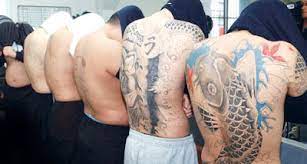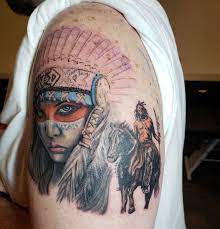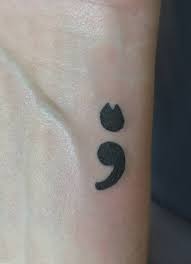
Introduction
Tattoos in Korean culture have long been associated with criminality and were used to brand slaves with their masters’ names. Confucianism discourages physical modifications of the body. However, younger generations’ attitudes towards Tattoos have changed, with more celebrities and K-pop stars embracing visible ink.
Origins of Tattoos in Korea
Tattooing in Korea dates back to the Samhan period when sailors tattooed good-luck symbols for protection during ocean voyages. Criminals were later tattooed with evidence of their crimes, and slaves had their masters’ names tattooed onto them. Over time, Tattoos became associated with criminal organizations and gangs before becoming accepted in modern culture.
Legal Restrictions on Tattooing
In 1992, Korea’s Supreme Court ruled that only licensed medical professionals could perform tattoos, leading to a ban on the practice. As a result, most tattoo artists in Korea operate illegally. Some individuals, unaware of the ban, still seek Tattoos from these artists, believing that the outdated regulation does not reflect modern cultural acceptance.
Social Stigma Surrounding Tattoos
Tattoos are still stigmatized in Korean society, especially among older generations who view them as signs of criminality or gang affiliation. Current Korean law considers tattooing illegal unless performed by licensed medical professionals. Efforts to change this law are underway, driven by younger generations’ growing acceptance of Tattoos as forms of expression.
Changing Attitudes and Popularity
Despite the social stigma, attitudes towards Tattoos are gradually shifting, particularly among younger Koreans. A Gallup poll found that 81% of Koreans in their 20s considered Tattoos acceptable. The rise in tattoo parlors and their increasing popularity have challenged negative stereotypes. The government has also started cracking down on unlicensed artists.
Legality of Tattooing in Korea
While tattooing is not outright banned in Korea, practicing without a medical license is illegal. This ban originated from a 1992 Supreme Court decision that limited tattooing to doctors. Tattoo artists argue that their profession should be treated equally to acupuncture or hairdressing, but medical associations oppose legalization due to potential health risks.
Safety Concerns
Tattooing in Korea is considered illegal unless conducted by licensed medical professionals. This means most tattoo artists operate clandestinely and risk imprisonment if caught. Safety concerns arise from injecting foreign substances into the skin, potentially causing harm. However, many artists advocate for lifting the ban, urging for recognition and regulation of their craft.
Conclusion
Tattoos still carry negative connotations in South Korean society due to historical associations with criminality and Confucian ideals. Although they are not outright banned, the legal restrictions on tattooing have sparked debates about the practice’s acceptance, regulation, and safety.

